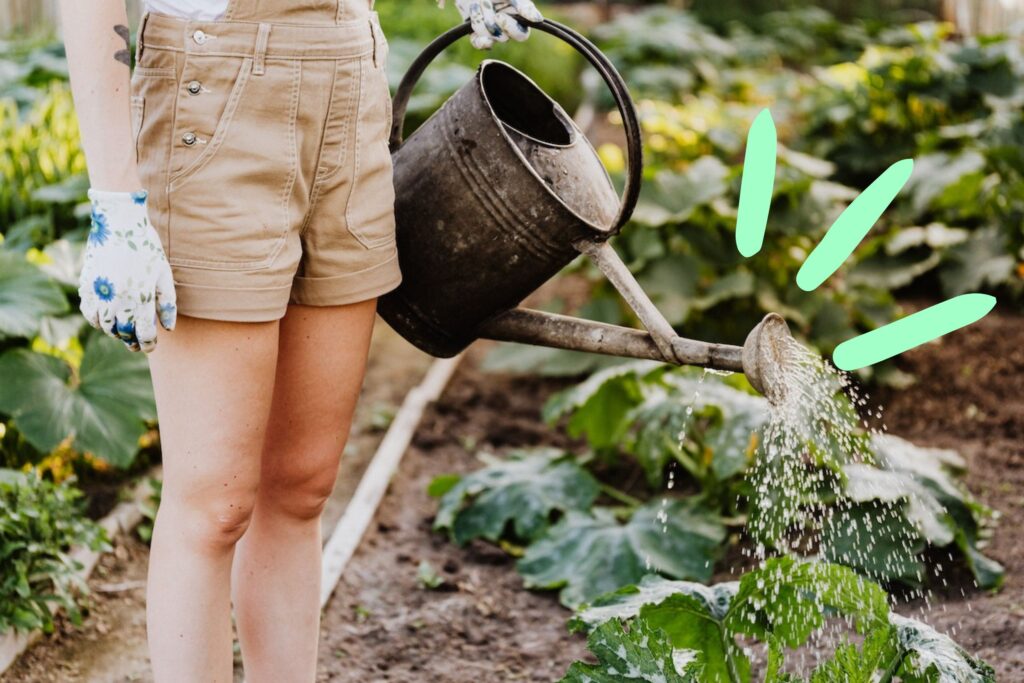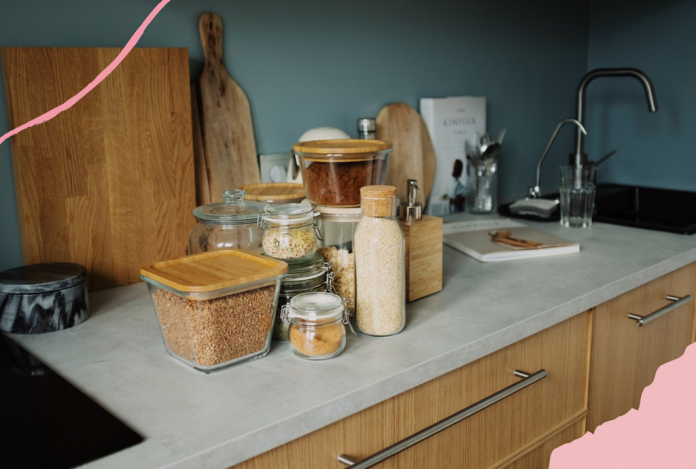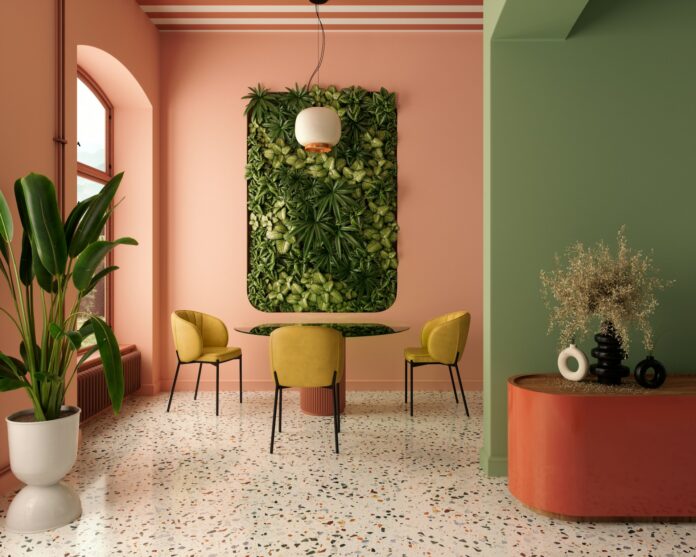After what felt like the coldest of winters, spring is finally on the horizon, with dry and sunny weather predicted for the latter part of February and the start of meteorological spring. Without wishing to pee on anyone’s parade (save that for your lawn, perhaps?), the danger is that in the early season push to get our gardens looking green, our environmental impact risks being anything but that colour.
There are ways, however, to use water more mindfully out there. With that in mind, here are 7 water saving tips for your garden this spring.
Take Your Hands Off The Hosepipe
Every summer without fail Britain’s rags get heavy breathed and hot under the collar about the prospect of hosepipe bans. Usually next to photos of people eating ice cream on a pebbled beach and a dog shaking water out of their wet mane. Stirring stuff indeed. If only they’d give climate change and its devastating effects similar attention throughout the year.
But enacting a self-imposed, year round hosepipe ban is one of the best things you can do to save water. Water with precision focus and performance by going old school and using a can. Be part of the prevention, not the cure, and do this permanently.
Collect Rain To Water Plants…
Not only is collecting rainwater for your plants good for the environment, it’s also better for those plants than tap water. This is because rainwater tends to be considerably more pure than tap water, containing less salts, minerals and treatment chemicals.
Rain barrels, butts and tanks are the most popular and effective way to collect water, but even something DIY like a kid’s paddling pool in a heavy shower will do the job. Or, simply leave you watering can(s) upright in the garden in anticipation of rain. Result.

…& Water Them In The Early Morning Or Evening
It’s best to water your garden at cooler times of day, such as the morning or early evening, as this allows the water to penetrate soil and reach roots before a warm temperature (yep, even in England) causes evaporation. It’s important to note that you should avoid doing the watering at night, as this can be harmful to plants.
Read: 12 ways to make your garden more wildlife friendly
Have Plants That Need Less Water, Or None At All
Not all plants were created equal. Some precious things require daily attention, maintenance and hydration, while others are more hardy and need much less water to get by. Of course, in environmentally friendly terms, the latter is more appropriate for your garden. It’s prudent to group those which need lots of water (the annuals) away from those which need less (the perennials and shrubs) so you can carry out your garden duties with efficiency.
An aspect of the garden which requires a surprising amount of water to look its best is the lawn, turning dry, pale and eventually, to dirt, if not given enough of the good stuff.
Alternatively, artificial grass (sometimes referred to as synthetic turf) is low maintenance and a sensible substitute for those wishing to reduce their domestic water use. In the debate of turf vs. grass, it’s clear that opting for synthetic grass not only saves water but also ensures a lush, green landscape all year round.
The grass isn’t always greener, indeed.
Use Drip Irrigation Systems
When you absolutely need a more automated watering system than a watering can, consider installing a drip irrigation system rather than sprinklers or soaker hoses. Drip systems deliver water directly to plant roots with minimal waste, using up to 50% less water than conventional sprinkler systems. These can be set up with timers and even smart controllers that adjust based on weather conditions, ensuring your garden gets precisely what it needs and nothing more.
For container gardens and raised beds, you can create simple DIY drip systems using recycled plastic bottles with tiny holes poked in them – budget-friendly and eco-conscious all at once.

Weed & Mulch
Nope this isn’t some new TikTok dance taking the internet by storm. Rather, it’s a dirty job, but someone’s gotta do it. By weeding your garden regularly and effectively, and mulching flowerbeds and the bases of shrubs and hanging baskets, you’ll be optimising their water retention and preventing unwanted evaporation.
This process is great for plants not only for improving their ability to trap moisture, but also in the fact that mulch offers natural pest control. Use a fairly coarse mulch to avoid clumping for best results; grass clippings, bark or woodchip does a much better job than compost, we think.
Create Water-Wise Garden Zones
Take a cue from professional landscapers and arrange your garden into hydrozones – grouping plants together based on their water requirements. This smart planning approach means you’ll never overwater drought-tolerant plants just because they happen to be next to thirstier varieties.
Place water-loving plants in naturally damper, shadier areas of your garden, while reserving sunny, exposed spots for drought-resistant Mediterranean herbs and native wildflowers. Not only will this strategic placement reduce your water usage, but your plants will also thrive in their ideal conditions, creating a more resilient garden ecosystem that can better withstand dry spells without constant intervention.
Back inside, check out our tips on saving money on hot water. Speaking of which, we’ve just finished a bath… Wanna go next?




